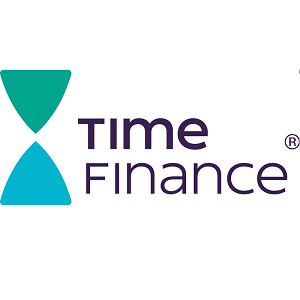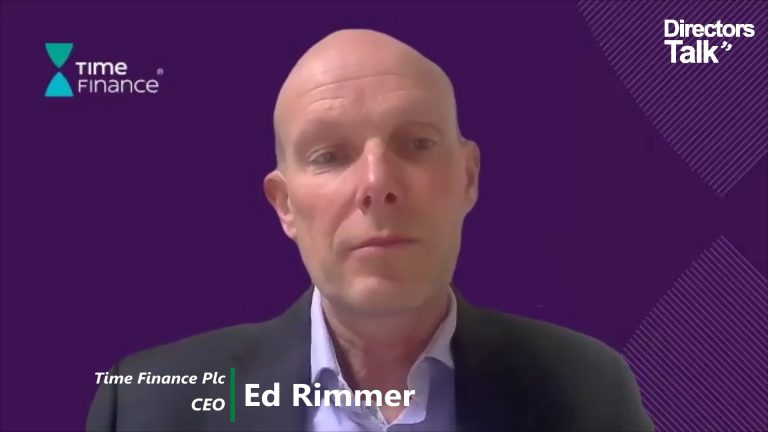A quiet shift in the recycling landscape is unfolding, driven by a small business that defied expectations and regained its stride with tailored financing, yet few are paying attention. With fiscal determination and strategic support, this company restructured its foundations and is now poised for a meaningful comeback. The subtle patterns beneath the story are what investors should find compelling.
From the outset, this recycling operation faced more than routine challenges, it confronted a crossroads demanding decisive reinvention. While many in the sector would accept consolidation or closure, this business opted for ambition over retreat. Rather than sliding into the backdrop, it sought critical funding precisely when cash flow constraints threatened its viability. That move alone signals a leadership team attuned to opportunity, not merely survival.
The funding provided by Time Finance chiefs played a catalytic role. It didn’t arrive as idle capital, but was structured to fortify operational capacity: enabling equipment upgrades, securing working capital, and facilitating smoother payment cycles with suppliers. In essence, the financing aligned with a growth trajectory, not just debt servicing. Observing how lenders and management collaborate to support expansion tells investors something key: this isn’t about meeting liabilities, it’s about building throughput.
Behind the scenes, the company capitalised on a broader macro trend. Increasing regulatory and consumer pressure to divert waste from landfills has boosted demand for efficient recyclers. Yet many small players have struggled to scale without capital. Here, access to bespoke financing became a differentiator, allowing the firm to step into under-served municipal and commercial contracts. The result: incremental revenue gains that speak more to structural shifts than short-term spikes.
It’s equally noteworthy how operational tweaks complemented the financial injection. The firm streamlined process flows, adopted lean inventory practices, and renegotiated supplier terms, each move enhancing margin flexibility. When combined with added capacity from upgraded equipment, the business lifted its cost structure without losing quality. That sort of tactical execution reflects management pragmatism, rather than inflated ambition.
Investors should view this not as a one-off rescue, but as a playbook in action. It suggests the company can leverage modest capital for outsized impact if future financing rounds are similarly targeted. The key risk, dependency on external funding, has been anchored by demonstrating concrete returns from prior support. It’s a dynamic worth monitoring: will the next tranche fuel new geographies or vertical integration?
Looking ahead, the company may pursue expansion into adjacent waste streams or municipal partnerships. With demand rising for circular economy solutions, a company positioned on infrastructure and capability could capture stable recurring cash. That may attract further investment or even create strategic alignment with larger players looking to outsource regional recycling.
In summary, this recycling business serves as a case study in disciplined revival: finding financing at the right moment, deploying it operationally, and aligning with evolving market demands. For investors, the takeaway isn’t just about one company, it’s about the emerging model where smaller players rebuild through precision financing, not just grant aid.
Time Finance plc (LON:TIME) is an AIM-listed business specialising in the provision or arrangement of funding solutions to UK businesses seeking to access the finance they need to realise their growth plans. Time Finance can fund businesses or arrange funding with their trusted partners through Asset Finance, Invoice Finance, Business Loans, Vehicle Finance or Asset Based Lending.








































